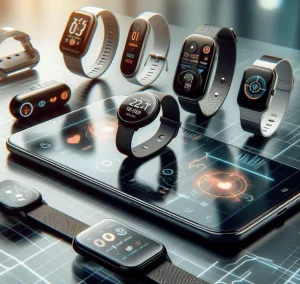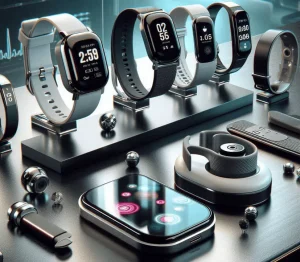Over the past few years, the use of lithium-ion batteries has gone up significantly. The reason is that these batteries offer a lot of advantages over other types of technologies. If you want to get the most out of these units, we suggest that you take a look at the advantages they offer. Read on to find out more.
1. High Energy Density
This is one of the main advantages of this technology. Today, these batteries are used in different types of electronic devices like mobile phones. These devices work for several hours non-stop without needing to be recharged. So, we always need batteries that come with high energy density.
Apart from this, these units are used in a lot of power-hungry units like electric vehicles and power tools. Today’s EVs require a battery technology that offers a higher density of energy.
2. Self-Discharge
The self-discharge rate is one of the primary issues with today’s rechargeable batteries. Unlike NiMH and Ni-Cad, the rate of discharge of Lithium-ion batteries is much lower. Usually, the discharge rate is just 5% during the first 5 hours once the battery is fully charged. After the first 4 to 5 hours, the discharge rate drops to 2% per month.
3. Low Maintenance
Another main advantage of a lithium-ion battery is that it doesn’t require a lot of maintenance but still offers the best performance. By contrast, Ni-Cad cells need to be periodically discharged in order to make sure they don’t get damaged. Similarly, lead-acid cells need to be maintained. For instance, you need to top up the battery acid from time to time.
4. Cell Voltage
A lithium-ion cell provides 3.6 volts, and this offers a lot of advantages. On the other hand, other types of cells, such as alkaline, nickel-metal hydride, and nickel-cadmium offer 1.5 volts or 2 volts. Since the voltage of these cells is higher, they don’t have a lot of applications. But this type of battery is used in billions of cell phones today.
5. Load Characteristics
As far as load-bearing is concerned, a lithium-ion battery is a good choice. The reason is that they deliver 3.6 volts per cell consistency before needing to be recharged.
6. No Priming Required
Some cells have to be primed prior to first use. In other words, you have to prime these rechargeable cells to make them ready for the first charge. But if you have a lithium-ion battery, you don’t need to get it primed first.
7. Variety
Today, you can choose from different types of batteries. So, you can go for the best type based on the application. Some types of these units offer a higher density of current. So, they are used in consumer mobile phones, while others offer a higher rate of discharge. These units are suitable for electric vehicles and power tools.
In short, these are just some of the disadvantages of lithium-ion batteries.






More Stories
Discover the Incredible Peace of Mind from Advanced Wearable Devices for Health Monitoring
Revolutionary Breakthroughs: How Wearable Medical Technology Is Empowering Health Like Never Before
Transform Your Daily Routine with Powerful Wearable Technology Devices for Lasting Vitality